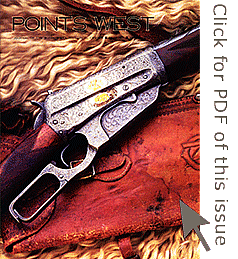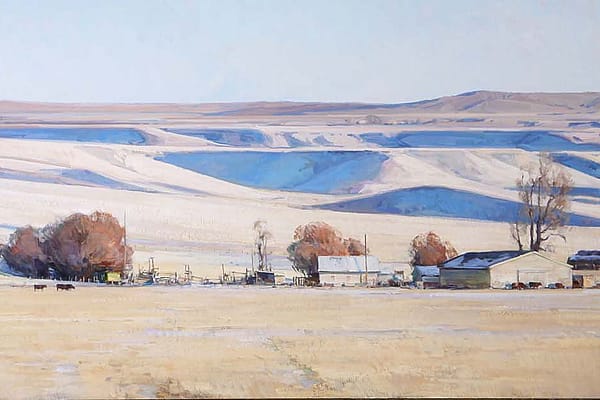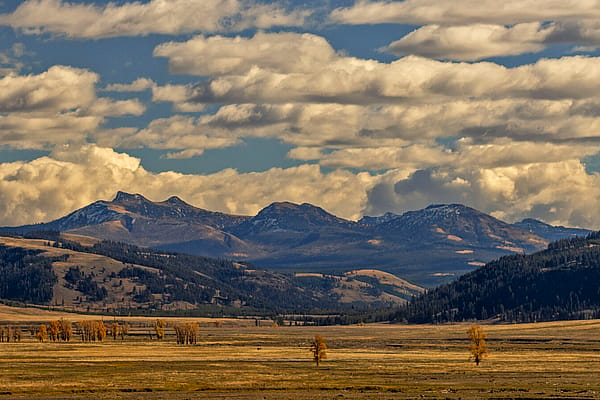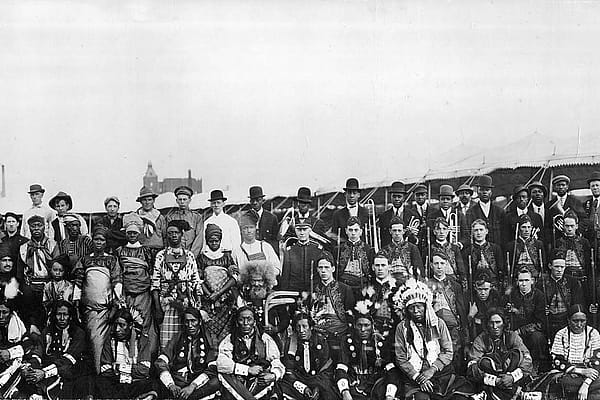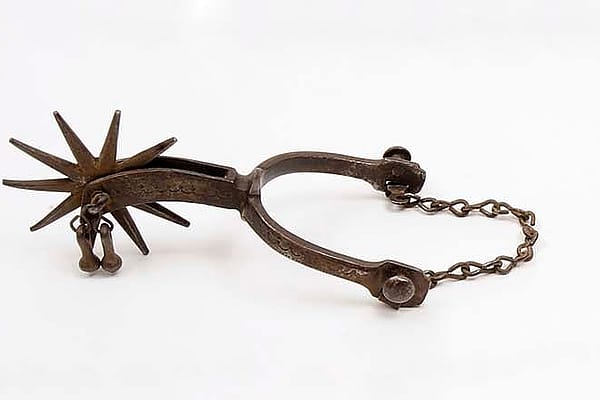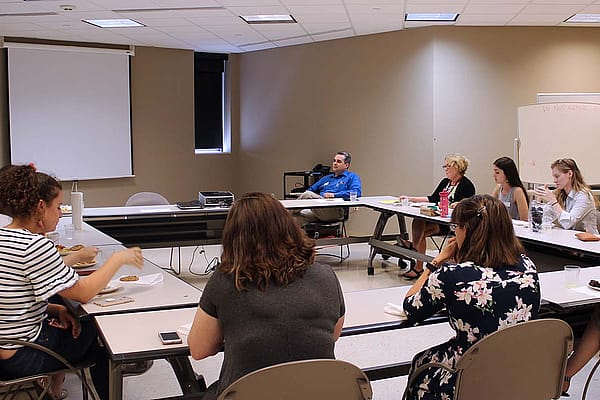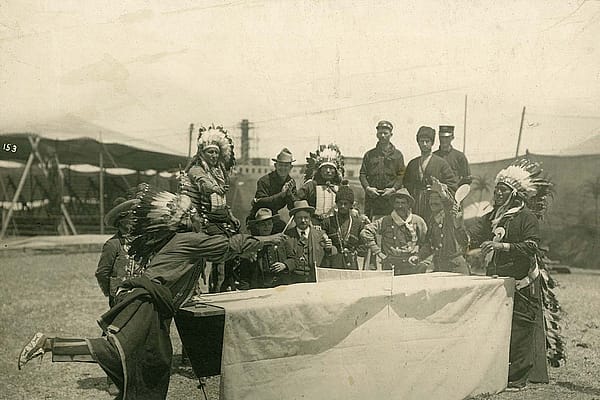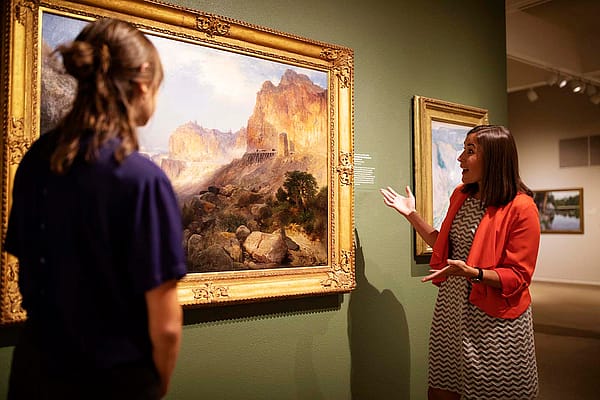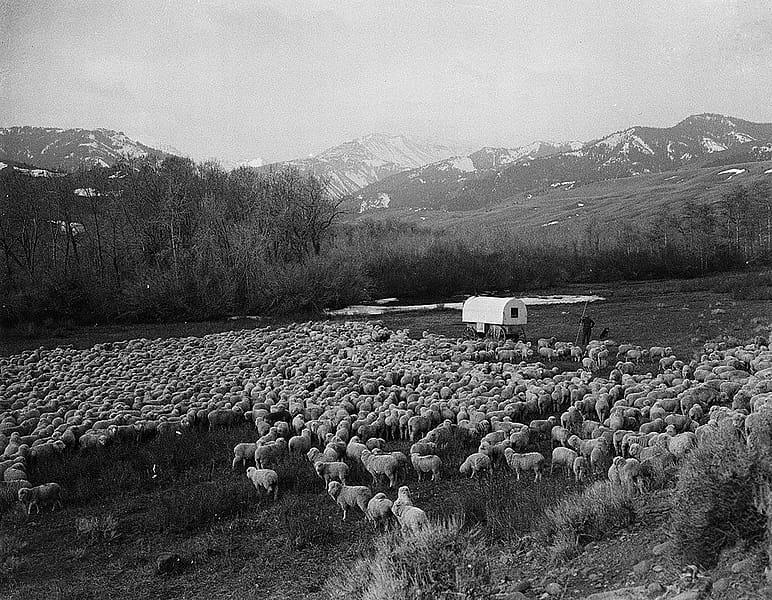
The Range vs. the Ranches – Points West Online
Originally published in Points West magazine in Spring 2001
The Range vs. the Ranches
By Mark Bagne
Guest Author
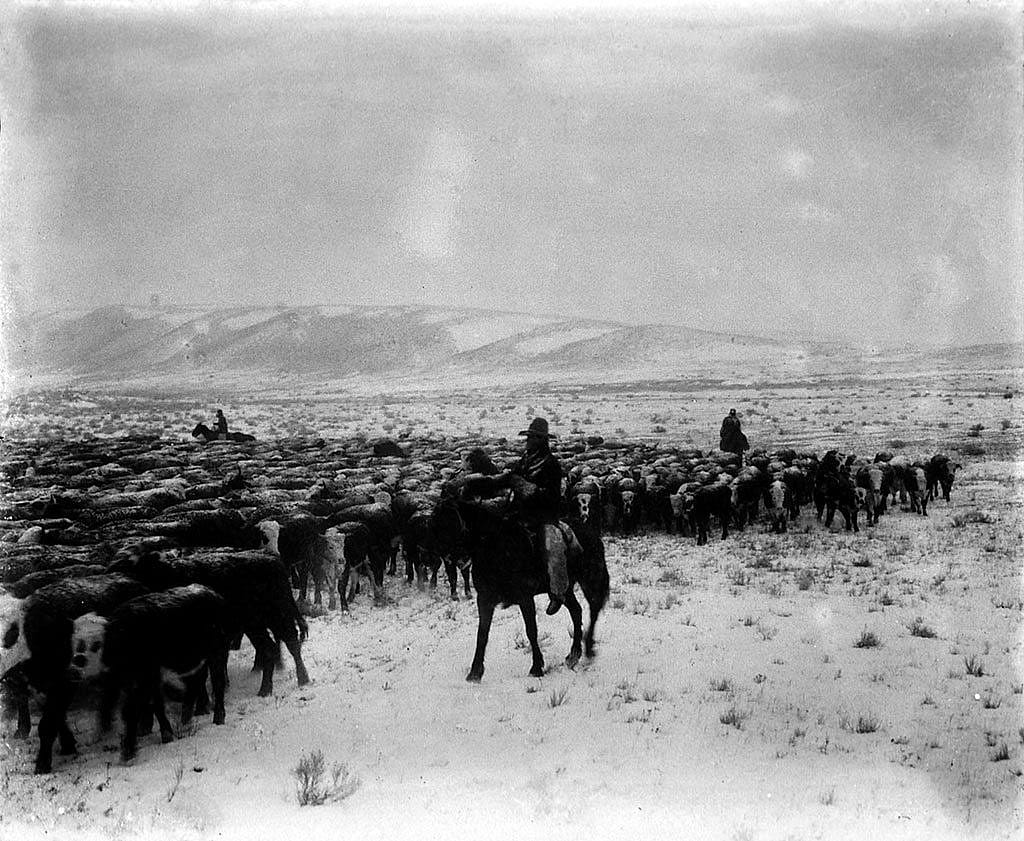
The anticipation had been brewing for weeks as reporters, ranchers, lawyers and public lands specialists made travel plans for Cody to secure ringside seats to a debate featuring Wyoming’s most controversial contemporary author.
They converged on the Buffalo Bill [Center of the West] in October [2000] for the hottest ticket of the Frontier Justice Symposium: a battle of ideas between University of Wyoming law professor Debra Donahue and a leading spokesman for the cattle industry.
Donahue has served as a lightning rod for public opinion ever since she authored what [former] Center Executive Director B. Byron Price termed an important book that has sparked “much interest and furor.” The furor over Donahue’s book, The Western Range Revisited, developed such intensity in Wyoming that angry citizens called for her dismissal and some state legislators sought to withhold funding from the UW Law Department.
Defended by her university for her right to free speech, Donahue withstood that onslaught, but the controversy she sparked continues to draw crowds whenever she takes the podium.
In western states like Wyoming, where the history and importance of cattle and sheep grazing run as deep as the settlement of the West, Donahue was bound to encounter resistance when she asserted in her book that overgrazing is turning some western lands into barren deserts.
While many ranchers view her platform as an attack on their culture and livelihood, Donahue explained to symposium participants in Coe Auditorium that she’s fighting to secure an even higher brand of justice for the earth itself. “Restoring the health of the lands should have a special place in the 21st century,” Donahue asserted. “We must allow the natural ecology to take its rightful place. Bringing an end to grazing on arid public lands could be the most significant way we have to restore the earth’s ecological health.”

As Donahue expounded on her point of view, waiting in the wings to respond was Chuck Schroeder, the CEO of the National Cattlemen’s Beef Association.
Appearing before an audience comprised primarily of attorneys specializing in western law, Donahue methodically countered some of the more inflammatory perceptions of her opinions that have circulated in rapid-fire media accounts. Far from attacking the livestock industry as a whole, Donahue explained the restrictions she promotes affect a specific segment of grazing practices on specific lands, which, of all western lands, are the most vulnerable to human influence. She seeks to prohibit grazing on those “arid” public lands, receiving less than 12 inches of moisture per year, which are administered by the Bureau of Land Management in parts of Arizona, California, Colorado, Idaho, Nevada, New Mexico, Oregon, Utah, Washington and Wyoming.
Overgrazing those lands has caused the demise of native vegetative species, dramatically changing the scope of western landscapes in a relatively short period of time. Those species can be restored to their natural state, Donahue said, only by removing grazing on lands that have been “unduly degenerated.”
While ranchers have defended the livestock industry based on its importance to the economy, Donahue’s studies have convinced her the economic contribution from grazing on public lands is “inconsequential.”
“Most ranchers are in the business not to make money, but to enjoy their lifestyle – and they’ve employed the federal government to assist them,” Donahue said.
Considering that only a minority of ranchers lease public lands for grazing, the law professor believes “ranching will survive” without public lands grazing.
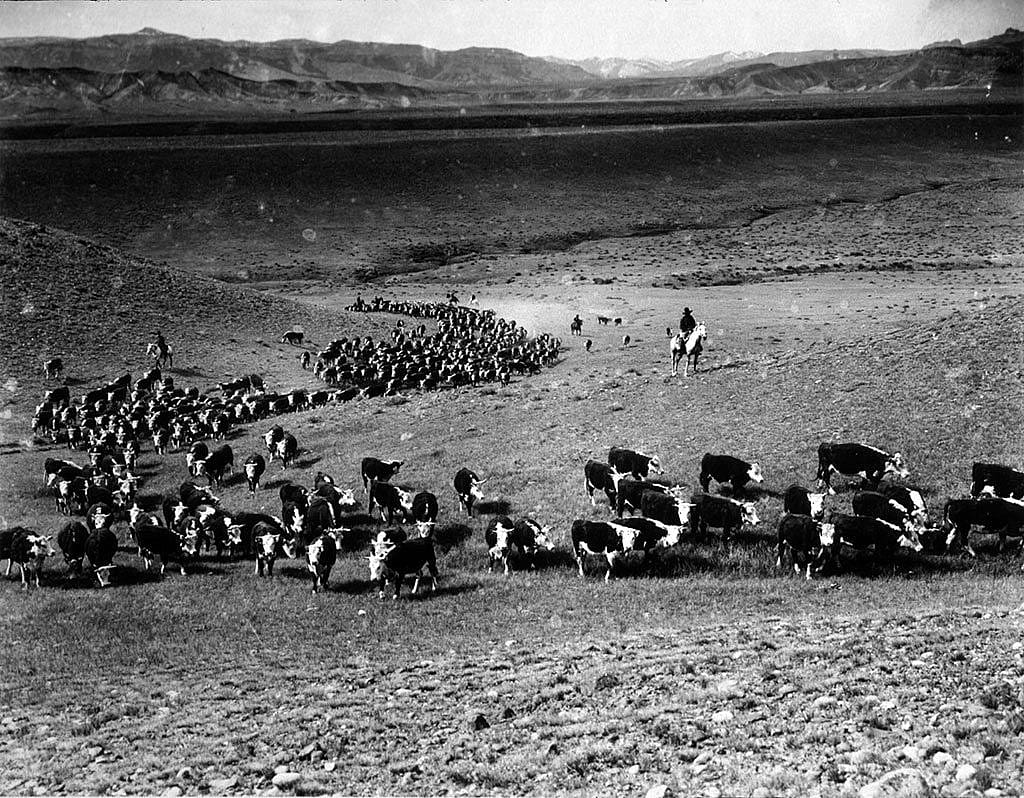
The government could ease the burden for ranchers who depend on public leases by offering them conservation easements, and the innovative businessmen among them could find other ways to make a living. Despite their tendency to resist change, she notes, some ranchers have turned to dude ranches and bed and breakfasts as alternatives to the tough life of ranching.
As a spokesman for the cattle industry, and a lifelong cattleman himself, Schroeder asserted that ranchers have learned through a history of hardships to become good stewards of the land they and their families have depended on for generations.
“Properly managed grazing on the public lands is neither holy nor evil, but economically and ecologically sound,” Schroeder said.
He pointed to scientific studies conducted in recent years, which have “debunked” the proposition that the mere absence of grazing by animals improves habitat.
When it comes to assessing impacts on public lands, Schroeder suggested, people should consider that ranchers have a vested interest in maintaining those lands, while the federal government has a track record “void of success stories.”
“These lands are not just an expensive toy,” Schroeder said. “They are the real world for families who have depending on them for generations. It is their back yard – literally, not just figuratively.” Tracing the history of the livestock industry, Schroeder made the point that ranchers have learned the hard way about the importance of land stewardship.
Cattlemen in the 1880s depleted many western lands to the point where there was no feed left over to make it through the winter. The harsh winters that followed spelled disaster.
As a result of experiences like those, cattlemen organized their industry into stockmen’s associations and pooled their knowledge to make improvements, developing water supplies to farm hay, which they used to feed cattle during the bitter winter months.
Schroeder said those interested in protecting the environment should welcome real-life experiences like those as a worthy addition to the debate.
“The more we engage private industry interests, the better chance we’ll have of making the right decisions,” he said.
Also speaking at the public lands forum were Wally Johnson, a former Assistant Attorney General for the land and natural resources division, and Lois Schiffer, an assistant attorney general for environment and natural resources.
Johnson presented a fascinating history of Willis VanDevanter, the only Wyoming person ever appointed to the U.S. Supreme Court, while Schiffer spoke of Yellowstone National Park as a “microcosm of public lands mitigation.”
Post 148
Written By
Nancy McClure
Nancy now does Grants & Foundations Relations for the Center of the West's Development Department, but was formerly the Content Producer for the Center's Public Relations Department, where her work included writing and updating website content, publicizing events, copy editing, working with images, and producing the e-newsletter Western Wire. Her current job is seeking and applying for funding from government grants and private foundations. In her spare time, Nancy enjoys photography, reading, flower gardening, and playing the flute.
